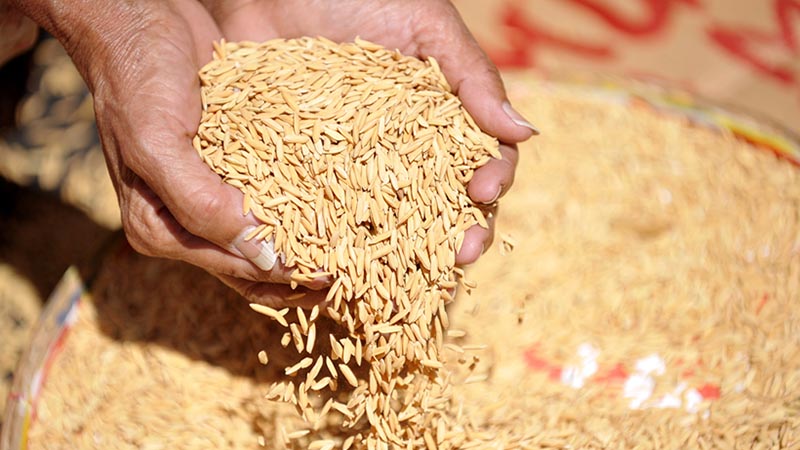Producing quality seeds using modern techs mulled

The government mulls producing quality seeds for paddy, wheat and jute using modern technologies. To ensure enhanced production of paddy, wheat and jute, the government plans to store and distribute these quality seeds among the farmers across the country in time. To this end the agriculture ministry has undertaken a project styled ‘Production Storage and Distribution of Quality Seeds of Rice Wheat and Jute at Farmers’ Level Through Modern Technology’ which has been sent to the planning commission for approval.
The total cost of the project is estimated at Tk 269.56 crore which will come from the government exchequer. The Department of Agriculture Extension (DAE) will implement the project from February 1 to June 2023. A DAE official told Bangladesh Post that the ministry will make sure that farmers at the grassroots get the quality seeds in due time and at reasonable prices.
Under the project, the authority concerned plans to produce 1, 46,000 metric tonnes of paddy, 11,200 metric tonnes of wheat and 90 metric tonnes of jute at farmers' level across the country to develop the socio-economic infrastructure, he went on saying. The official added the project will fulfill the demands of seeds at union level in the country.
The DAE and agriculture research institutions will jointly work to develop new varieties of seeds for increasing crops production in the country, he further said.
A senior official of the planning ministry told Bangladesh Post that the project was now awaiting the approval of executive committee of the national economic council (ECNEC).
The project will create employment opportunities and empower rural women. If new varieties of seeds are made available at the root level, incomes of farmers will increase as production of crops will rise significantly. Meanwhile, the government has taken up Delta Plan 2100 which focuses on development of agriculture sector to ensure the food security using the mineral resources.
According to the 7th five-year plan (2016-20), agricultural growth has accelerated from less than 2 per cent per year during the first two decades after independence to around 3 per cent during the last decade. Despite such steady growth, Bangladesh has been facing persistent challenges in achieving food security.
Rapid agricultural growth will sustain high growth of the economy with better capacity to reduce poverty through enhancing rural wages, creating synergies for diversifying the rural economy, and enabling the supply of low-cost food to improve nutritional status and food security of the people. 70 per cent of Bangladesh’s total population lives in rural areas, and draws their income and employment from agriculture and related activities.
Modern methods of production, including water resource management, high yielding drought and submergence resistant seeds, and increase in land productivity through efficient irrigation, flood control, and drainage are among the key factors in achieving a higher level of self-sufficiency in food production to feed the ever increasing population.




